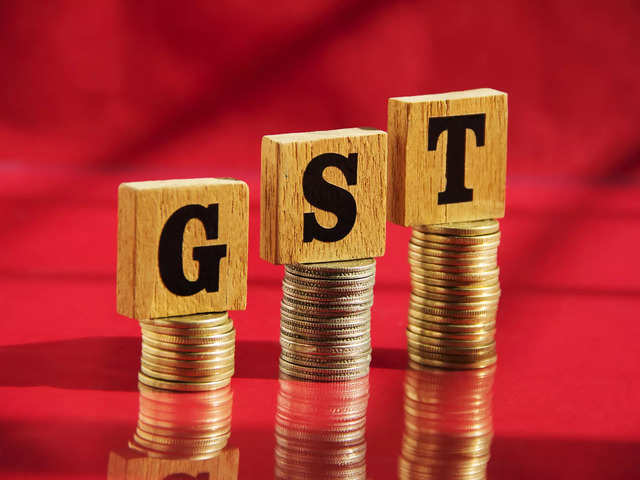The Finance Bill, 2023, was approved by the Lok Sabha with some changes, including one that aims to establish the long-awaited GST Appellate Tribunal (GSTAT), which will deal with tax disputes.

What is GST Appellate Tribunal?
- It will consider appeals against orders issued by the GST authorities or the Appellate Authority as an independent body.
- The tribunal will be made up of a national bench and several regional benches, all of which will be led by a chairperson chosen by the central government.
- The proposed tribunal is anticipated to help expedite GST dispute resolution and lessen the burden on the judiciary.
- If a person is dissatisfied with a lesser court’s decision, he or she may file an appeal with a higher court, the hierarchy of which is as follows (from low to high):
- Adjudicating Authority
- Appellate Authority
- Appellate Tribunal
- High Court
- Supreme Court
GSTAT Composition
- In New Delhi, GSTAT will have a “Principal Bench.”
- It would consist of the President (likely a retired Supreme Court justice), a judicial member, a technical member (center), and a technical member (right). (state).
- There will also be state seats.
- Appeals involving less than Rs. 50 lakh in value that do not involve a question of law could be resolved by a single-member panel, according to GST Council guidelines.
Why is such a Tribunal required?
- Reduce the load on the judiciary: The GST Appellate Tribunal will assist in resolving the growing number of disputes arising from the 68-month-old indirect tax system, which are currently clogging High Courts and other judicial forums.
- Improve the GST System’s Efficiency: The establishment of the GST Appellate Tribunal is anticipated to improve the efficiency and efficacy of India’s GST system.
- The proposed Tribunal will provide an impartial and efficient method for resolving GST-related disputes.
- Avoiding tax evasion will help to speed up dispute resolution, lower the burden on the judiciary, and encourage greater certainty and predictability in the GST system.
Problems with current lawsuits
- Issues with compliance: The GST system in India is still relatively new, having been introduced in 2017, and there have been several issues with compliance and interpretation of rules and regulations.
- Hierarchy of complex adjudication: As previously stated, the current dispute resolution mechanism includes numerous layers of adjudication, beginning with the GST officer.
- Procedure that takes time: This procedure can be time-consuming, costly, and burdensome for taxpayers, particularly small and medium-sized businesses.
Source: https://www.hindustantimes.com/india-news/lok-sabha-clears-forming-gst-appellate-tribunal-101679682919225.html#:~:text=The%20Lok%20Sabha%20on%20Friday,institution%20of%20such%20a%20body
